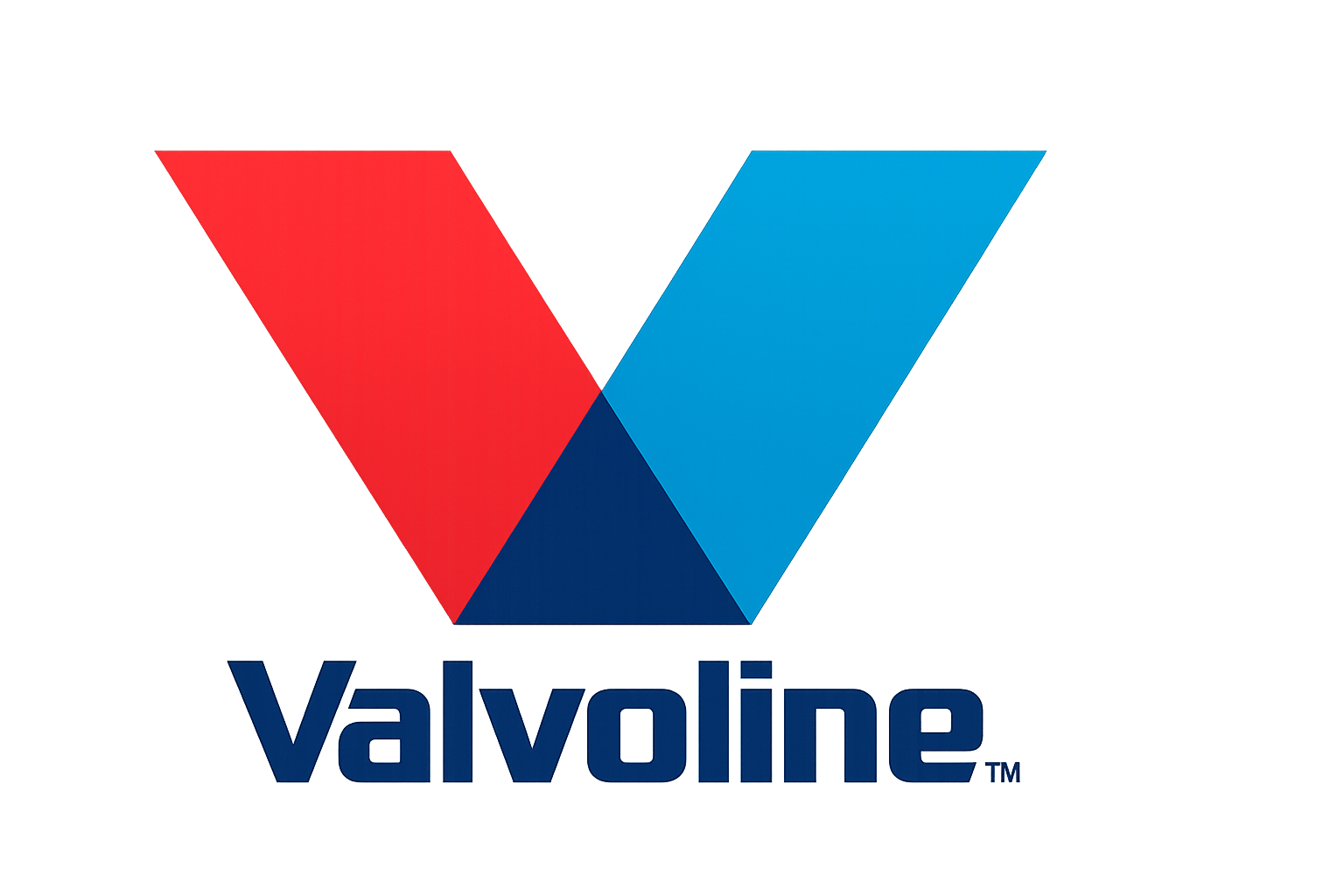What is Direct Fuel Injector Cleaner and Why Do You Need It?
You know your engine burns gas or diesel to move your car forward, but where do the byproducts of that process end up? If you’re not diligent about removing them, they might stop your vehicle from working as it should.
While they were once limited to use in specialized engines, GDI (gasoline direct injection) engines, also known as DFIs (Direct Fuel Injection engines), are becoming almost universal. However, like many other innovations, they have their own unique problems. Fortunately, GDI cleaners might hold the answers to some of the most pressing concerns. Here’s how GDI cleaners work and why you may want to start using them.
What Is GDI Fuel Injection?
Engines don’t just burn gas – they combust a carefully mixed blend of air and fuel. It’s sort of like burning a match: If you block air from reaching the flame, it runs out of oxygen and dies out.
Beginning around the 1980s, automakers switched from carburetors, which mixed air and fuel before it entered the engine, to port fuel injection systems. These setups sprayed tiny droplets of fuel into gas engines’ air intake chambers, also known as manifolds, or diesel engines’ pre-combustion volumes via high-pressure nozzles.
Gasoline Direct Injection technology was born when manufacturers came to realize that they could skip a step and simply spray fuel right into the engine’s combustion chamber. In addition to reducing engine noise, lowering heat-up times and eliminating vibrations, GDI systems deliver more power and efficiency. In non-diesel systems, these mechanisms may be known by various terms. Some common monikers include gasoline direct injection or GDI, spark ignited direct injection, or SIDI, and fuel stratified injection or FSI.
The DisAdvantage of Direct Fuel Injection…Carbon Buildup

The advantages of GDI have led to it being used by most modern vehicle manufacturers. Unfortunately, it has one major flaw: carbon buildup.
Older port-style injectors sprayed fuel into the intake manifold. This jet of fuel came from behind the valve, and it actually served to wash away some of the carbon, or soot, that built upon the valve’s surfaces. This doesn’t occur with GDI fuel injection systems.
Where does this carbon originate? Normally, the detergents in the fuel would clean the intake valves. When fuel is only sprayed into the combustion chambers, however, the oxidized fuel molecules polymerize until they are no longer soluble in the gas and precipitate out as carbon deposits. The crankcase ventilation system, which lets gasses exit the crankcase as a form of pressure relief, can also introduce additional carbon into the intake in the form of vapors from oil and fuel or other substances that make their way past air filters.
The Potential Results
Carbon deposit buildups do more than just make your engine components dirty – they are capable of disrupting the highly refined timing of GDI engines. This can cause rough idle behaviors where the vibrations you’d normally feel while idling at stop lights become an extreme shake. Poor combustion and lower engine efficiency can also lead to unpredictable ignition failures.
Your GDI engine may also experience premature wear and tear. Carbon buildups foul the surfaces of intake manifolds so that instead of flowing into the combustion chamber smoothly, air enters in an inconsistent, turbulent manner. This promotes imbalanced burning, which eventually causes your engine to develop abnormal high-temperature zones that may degrade faster.
Remember the burning match? Buildups can even result in fuel going unburned if they prevent oxygen from getting to the gas or diesel droplets inside the engine.
Dealing with Carbon Buildups
Once enough carbon has accumulated, manual removal is usually the only option. This maintenance task involves removal of the manifold, and the valves have to be cleaned using a chemical soak and hand tools or blasting processes. While this isn’t the most complicated vehicle repair job, its messy nature and time requirements definitely demand an investment. In other words, prevention is usually a far better option.
 What Problems Can DFI Fuel Injector Cleaners Help With?
What Problems Can DFI Fuel Injector Cleaners Help With?
DFI cleaning chemicals are designed to stop buildups and clogs from becoming unmanageable. These additives may remedy a number of the problems associated with GDI and SIDI systems, such as:
1. Carbon Buildups: Chemical additives can break down existing deposits.
2. Engine Hesitation: Removing carbon prevents stumbling and misfires.
3. Rough Idle: Eliminating deposits creates smoother, more regular air flow.
4. Slow Acceleration: Clearer air intake permits a more optimal fuel-air mixture.
Will DFI Injector Cleaners Fix Everything?

Like all fuel additives, DFI cleaners aren’t a magic bullet. Specific products might work better for certain engines, and you also need to follow their instructions properly.
Many drivers discover that they obtain the best results by combining DFI systems with other fixes. For instance, although you can install a catch can to trap debris from the crankcase ventilation system, this wouldn’t remove other sources of contaminants from the intake air. Using a DFI cleaner might still be necessary.
You can also update your engine management software, but this won’t completely eliminate buildups. Although a timing adjustment might just minimize the amount of exposure that the valves get to carbon, the best this option can do is reduce future debris accumulation. Even if your software is up to date, keeping your intake valves clean is still an essential form of supplementary maintenance.
Should I Be Using DFI Fuel Injector Cleaners in My Vehicle?
DFI cleaners can help anyone who owns a direct fuel injection GDI vehicle. But how do you know when it’s time to start using them? While it’s good to be proactive, there are also signs that you’re long overdue for a cleaning.
Although you may not be able to see carbon deposits, they commonly make their presence known. For instance, your vehicle’s GDI engine might have trouble starting or startup less smoothly than you’re accustomed to. Many GDI engine owners notice that they’re not getting as much power or fuel efficiency as they’d normally expect. Some experience a rough idle that gets worse with time. If your mechanic’s scan says that your engine’s volumetric efficiency has dropped or reveals that your vehicle has been misfiring or stumbling, these are usually good indicators of GDI carbon problems.
It’s generally best not to let things get to the point of no return, and carbon buildups are no exception. Most GDI cleaners are easy to apply at the same interval that you get your oil changed or one or two times per year depending on which cleaners you prefer. Using cleaners is also way less expensive than asking a mechanic to chip off hundreds of thousands of miles worth of deposits.







I drive a 2005 Dodge Magnum with 330,000 miles. I am the original owner. I have never used a fuel injecter cleaner. I have not noticed any adverse effects on the running of the engine. Would I be wise to use an injecter cleaner or should I leave well enough qalone.
We do recommend using a fuel system/fuel injector cleaner at least once a year to improve performance. We have several options but the most popular would be Gold Eagle® Complete Fuel System Cleaner.Please contact us at producttechsupport@goldeagle.com if you have any questions about this. Thank you.
Hi – as I understand from your article, carbon buildups are more prevalent in Direct Injection systems due to there being no “fuel washing” of the intake valves.
How would DFI cleaners help with this, as presumably, the DFI cleaner would go straight into the fuel tank – which is only sprayed into the combustion chamber. Therefore, there is still no washing of the back of the intake valves, and any carbon build up on the back of the valves will remain.
If you could clarify my understanding, that would be appreciated.
This product does not clean the valves. Along with carbon buildup on the valves, you also get harsh deposit s on the fuel injector tips because of the high fuel pressure and heat. Typical fuel system cleaners will not clean this.
Our proprietary formula will clean the hardest deposits on Fuel injector tips in DFI and regular port injection. Please contact us at producttechsupport@goldeagle.com if you have any questions about this. Thank you.
Is there any different between the MPI and GDI injector cleaner, if the injector cleaner can be used for MPI is it possiable to use it for GDI and if not why?
Hi Haitham. 104+ Fuel Injector Pro was specifically designed for gasoline direct injection (GDI) system, however, it works very well on an multi-port injection (MPI) system as a very strong cleaner for these systems. Regular fuel injector cleaners may not be strong or effective enough in GDI systems. Please contact us at producttechsupport@goldeagle.com if you have any questions about this. Thank you.
how does fuel injector cleaning pro compare to stabil 360 performance for cleaning power? I use stabil 360 at every fill up but if I need to clean the fuel system better, I could try this.
Hi, Isaiah. The 104+ Fuel Injector Pro is a high-grade powerful and complete fuel system cleaner mainly designed for direct injection (GDI or DFI) but also works in traditional engines. It is able to attack carbon deposits that affect overall performance and improve mileage economy. It is an actual treatment that is recommended every 7000 miles. STA-BIL 360 Performance/Protection does contain fuel system cleaners, but they are less aggressive and meant to be used regularly at every fill-up for proper maintenance. If you have any other questions please contact consumer support at producttechsupport@goldeagle.com
Will this actually survive combustion, and circulate with PCV/EGR in order to help clean the intake valves themselves? Or does this only really clean the injectors?
Hi, John. This does not clean/affect EGR valves. It cleans fuel injectors, lines, system and the fuel pump.
Good Info.
Hello
I am wondering if your 360 protection is the same as 360 performance. Thx
Hi. Yes. We have updated the label for STA-BIL 360 Performance and is now STA-BIL 360 Protection. The features, benefits and dosage remain the same. If there are any questions, please feel free to contact us at producttechsupport@goldeagle.com or simply click on the “help” button on our website. Thanks for the question!
I need DFI that works for a diesel motor.